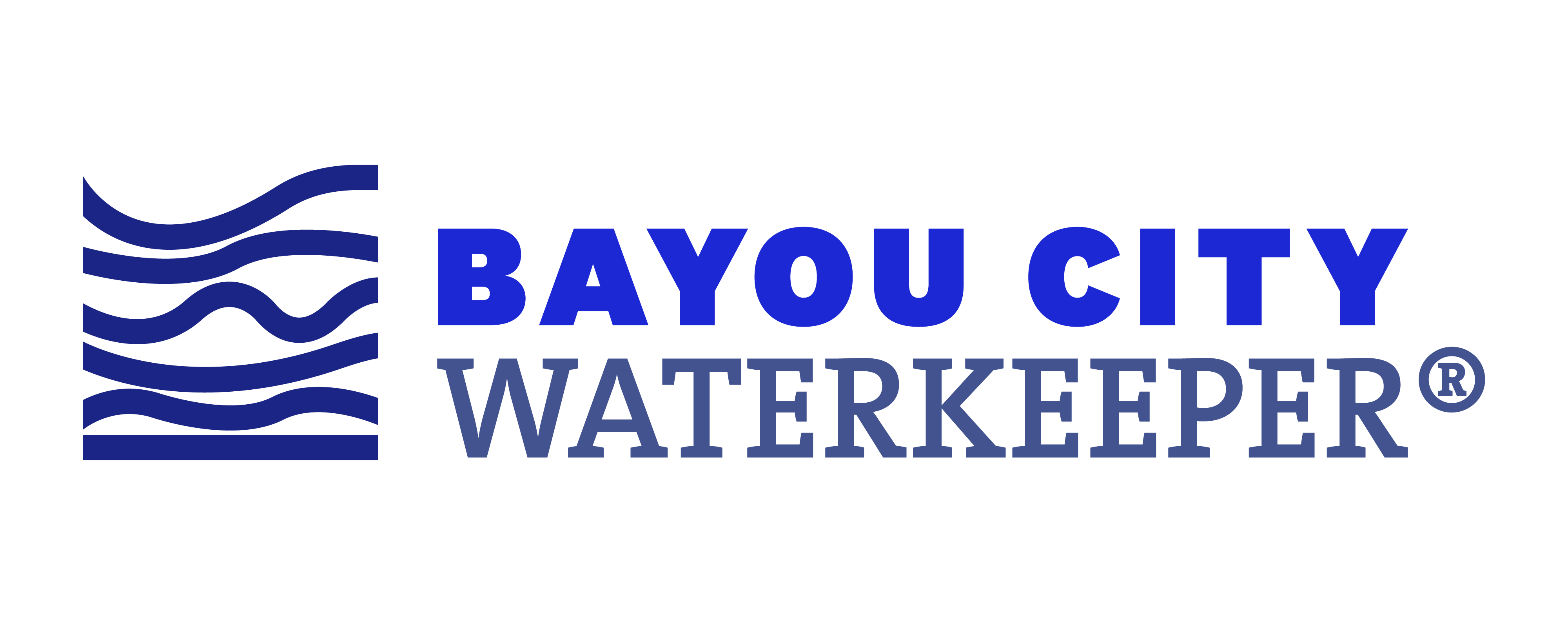
This week, the Honorable Charles R. Eskridge III of the Southern District of Texas granted the United States and State of Texas’ joint motion to approve a legal settlement called a consent decree, which will require the City of Houston to spend $2 billion on major upgrades to its sanitary sewer system over the next 15 years. The federal court’s order draws to a close years of litigation over thousands of Clean Water Act violations caused by the City of Houston’s sanitary sewer system.
In 2018, Bayou City Waterkeeper uncovered these violations after combing through five years of data submitted by the City of Houston to the Texas Commission on Environmental Quality. We identified thousands of illegal overflows that had occurred across the City’s massive sanitary sewer system and had polluted our local bayous and creeks, as well as neighborhood parks and school playgrounds. This led us to serve the City of Houston with a notice of intent to sue under the Clean Water Act, which prompted the United States and State of Texas to file an enforcement action two months later.

Throughout the litigation, in which we were represented by Lauren Ice of Perales, Allmon, and Ice, PC and our Legal Director Kristen Schlemmer, we pressed the governmental parties to address well-known environmental injustices in the City’s sanitary sewer system. In 2016, the Houston Chronicle reported lower-income communities and communities of color are “most likely to feel the consequences of Houston’s long-running struggle with sewer overflows.” Our 2020 analysis confirmed this conclusion.
To address this gap, we urged the creation of a supplemental environmental project to help low-income residents affected by sewer problems that had been promised by the City in 2018, and other measures to help low-income residents pay for sewer repairs at their homes and businesses.
Throughout this process, the City of Houston focused on the fiscal bottom line, refusing our requests to address environmental injustices head on or be transparent about financial impacts to local residents. This includes Mayor Turner, who emphasized that the city took advantage of the lax regulatory environment under the last presidential administration to cut the city’s required investment in local infrastructure from $5-7 billion down to $2 billion. In granting the United States and State of Texas’ motion to enter the consent decree, the Court formalized the City’s obligation to invest $2 billion in local sanitary sewer infrastructure, but did not require any comprehensive plan to address environmental injustices or problems with private sewer laterals.
Statement by Kristen Schlemmer, Legal Director
This consent decree represents an important first step to giving Houston residents a real solution to the sewage problems we see and smell after every major rain. But it falls short in one key respect: it shortchanges our low-income neighbors who regularly deal with sewage backing up into their homes, pooling in the yards where their children play, and dirtying their backyard bayous and creeks. Over the 15-year life of the consent decree, Bayou City Waterkeeper will continue to push the City to close this gap and will closely monitor the City’s compliance with the consent decree. If the City does not meet the obligations imposed by Judge Eskridge, we are prepared to go back to court and make sure this $2 billion investment, funded by local ratepayers, leaves our neighbors with cleaner water and a healthier environment over the next decade.
